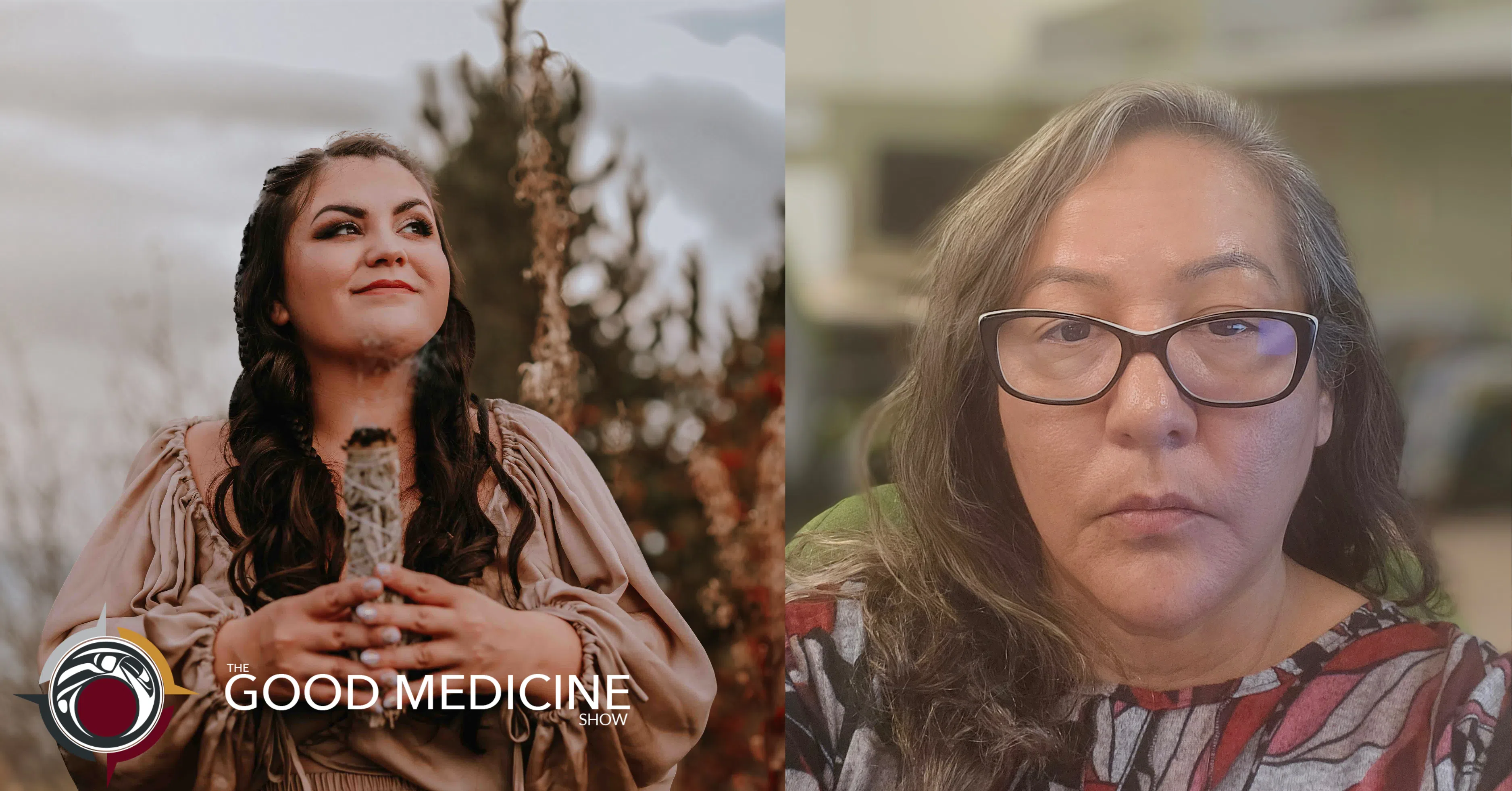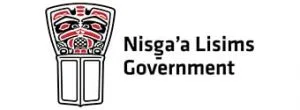Canada’s revised plan on how to reform safe drinking water legislation for First Nations still falls short of what was requested.
In 2013, Canada created the Safe Drinking Water for First Nations Act, which has been met with criticism by First Nations leaders ever since.
They say it lacks meaningful input from First Nations, places unjust liability on them, and grants sweeping legislative powers to the Crown.
Since 2015, the Assembly of First Nations has passed five resolutions calling on Canada to repeal the Act, which they finally did last June.
But last year the AFN passed an emergency resolution calling on Ottawa to halt its current process and re-commit to meaningful co-development.
Following further consultations, an initial draft proposal was released in February, and a revised proposal (linked here) just last month.
While the AFN says the new proposal advances several key issues, it still falls short on a number of key concerns.
They say most of those issues are due to a restricted ministerial mandate, and called for a delay in hopes of obtaining a revised mandate.










Comments